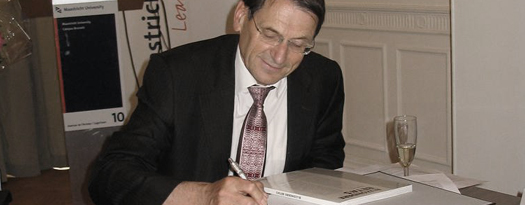IARU Presidents Meeting
26 April 2012, Kopenhagen
Session 1. Future of careers and the impact on higher education
Summary
The position of individuals in society is closely linked to the labor market. There the hopes and aspirations of people for rewarded accomplishments are realized. The talents of people, developed and augmented in terms of cognitive and attitudinal characteristics throughout the education career, are important to function well on the labor market with a motto: the more your talents are developed, the better your chances on the labor market.
The demands for talents on the labor market are not different from those for good citizenship. There is then also no trade off in university teaching between talents needed for the labor market and for society.
The labor market continues to go through major changes, characterized by an increasing “win” of “technology” over “education” (Tinbergen, 1975). The demand for well-trained people has risen faster than the supply (which – by itself – has grown rapidly in the past decades). This metaphor could also increasingly be seen as applicable to the content of education, where the complexities of our society rise faster than can be accommodated in the delivery of education, as Elkana (2009) suggests for universities.
It is well recognized that knowledge investments (i.e. more and better education) is the driver of economic growth. Hanushek and Woessmann (2010) show: “That cognitive skill can account for growth differences within the OECD”. Tazeen (2008) similarly finds that basic (learnable) cognitive skills have a significant and positive effect on earnings and economic growth.
The mission of the “teaching university” (whether research based, community based or professionally oriented) is to contribute to the talents which count on the labor market. A new refocusing of higher education towards effectiveness and efficiency in that contribution is urgently needed (and asked for recently by President Obama in a meeting with US university presidents on Dec. 5, 2011).




